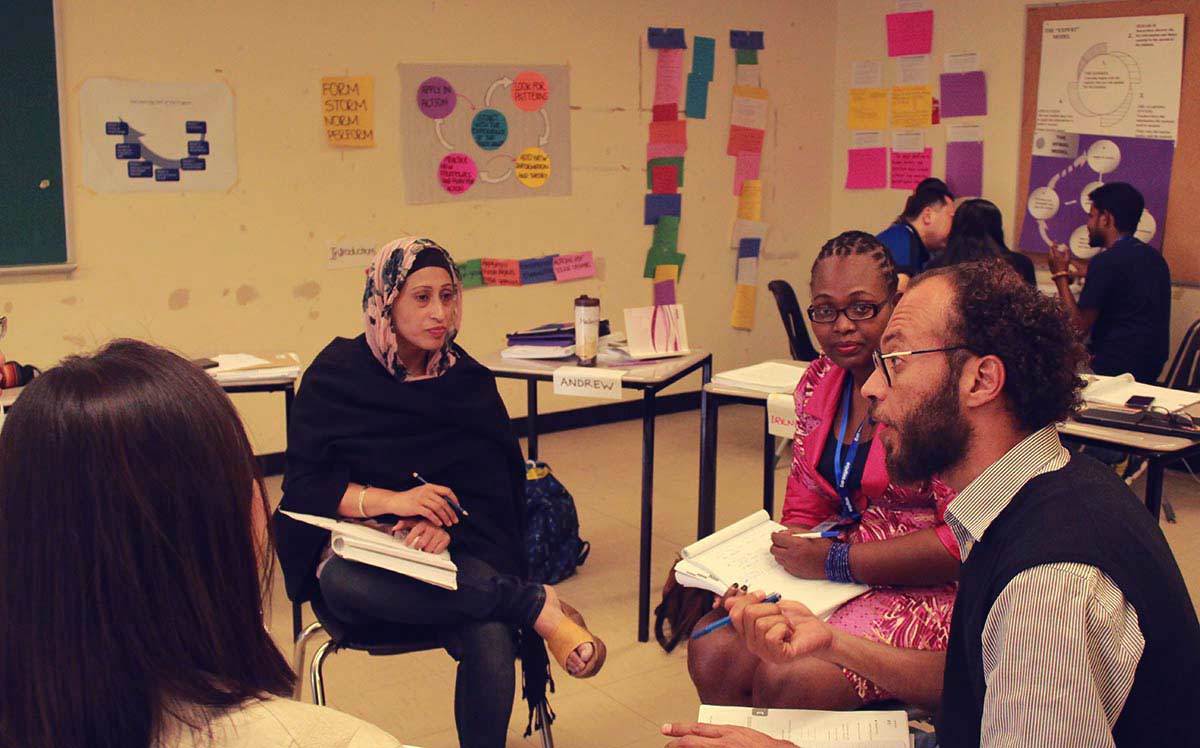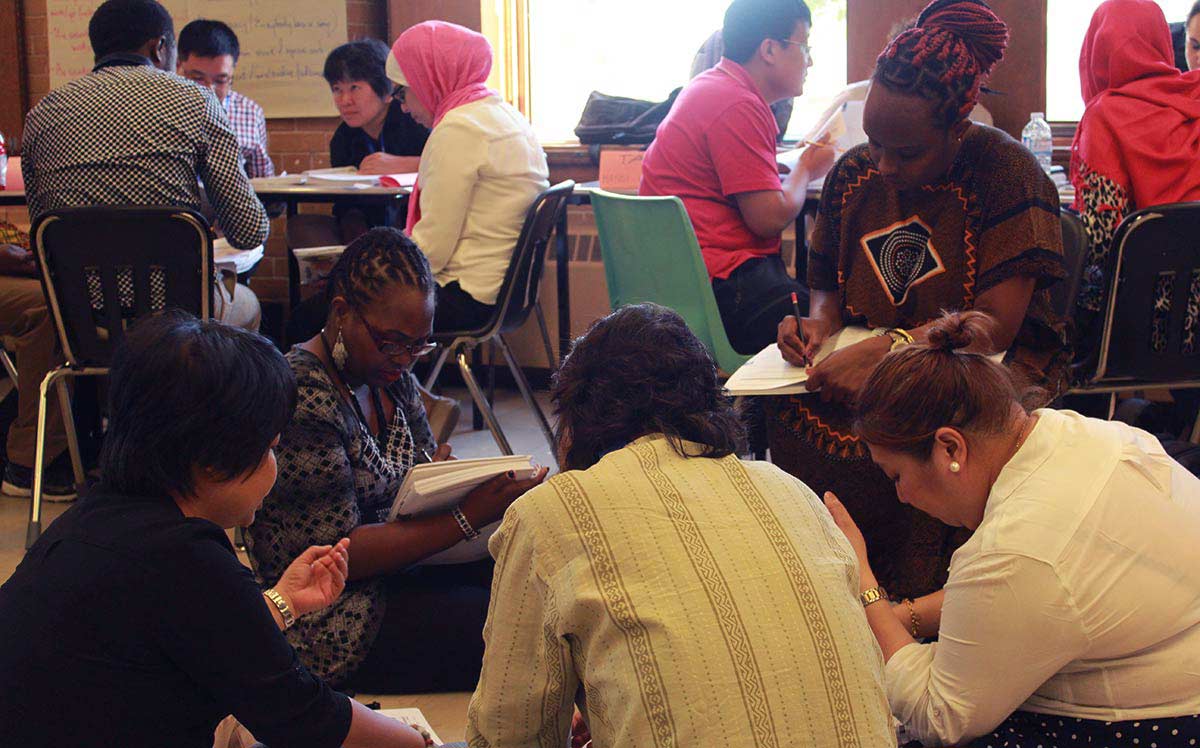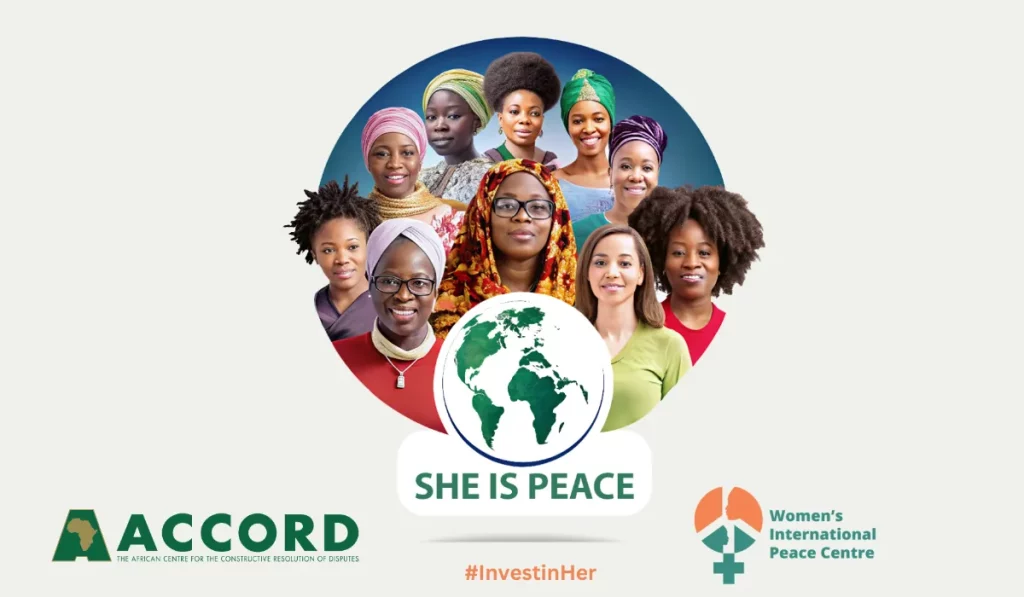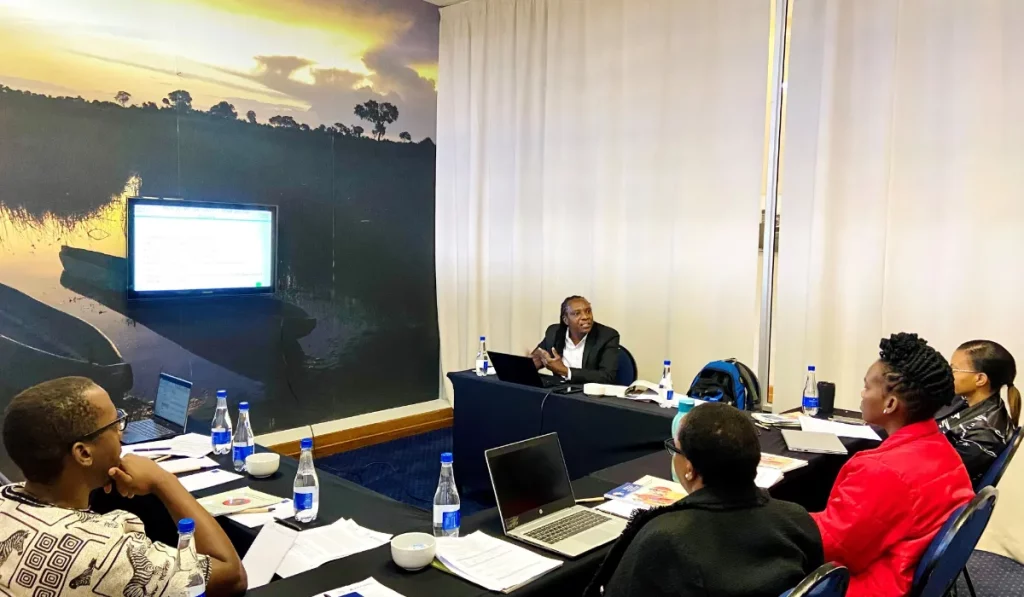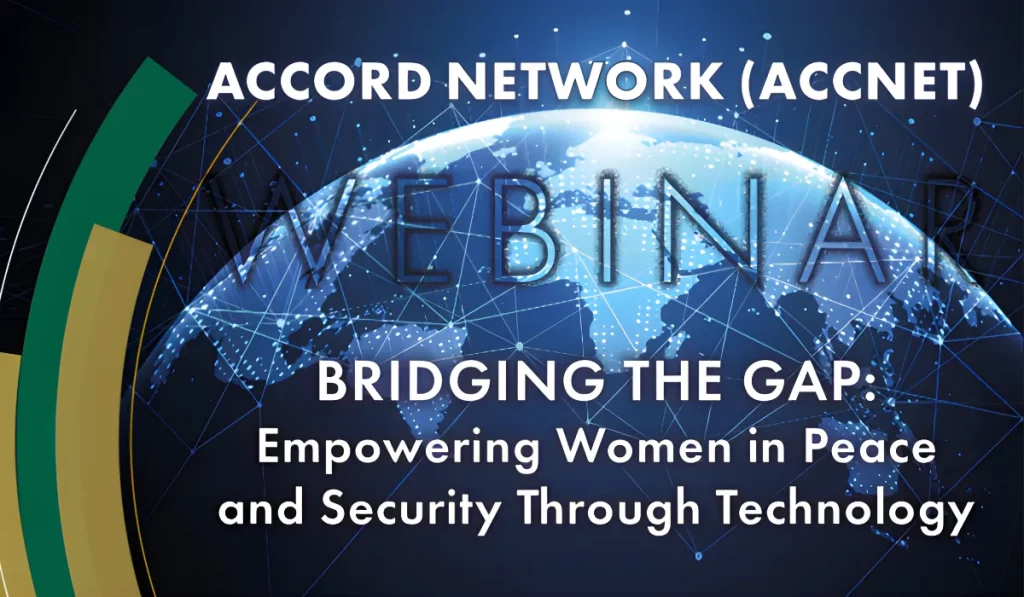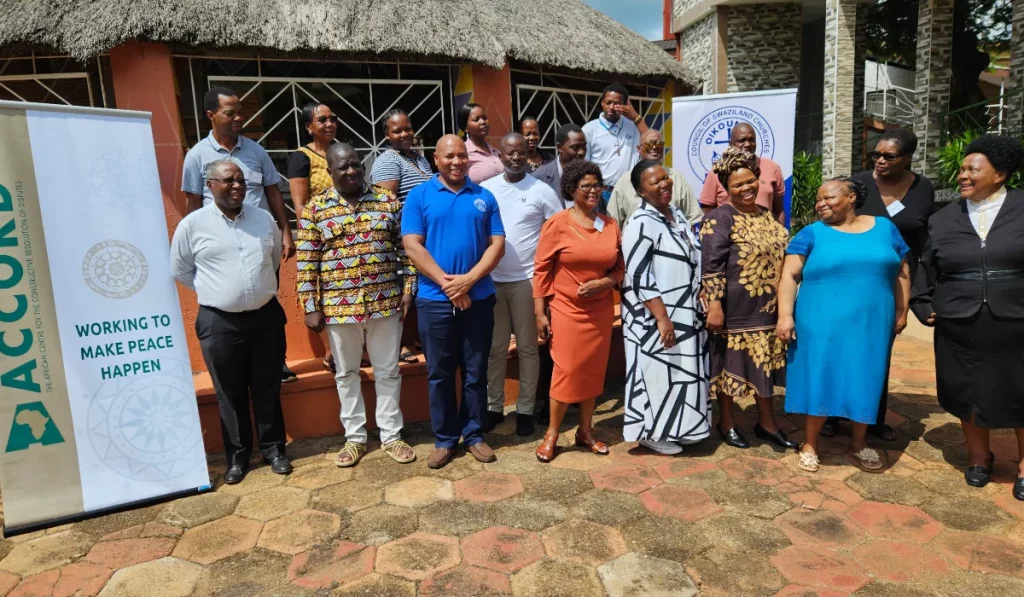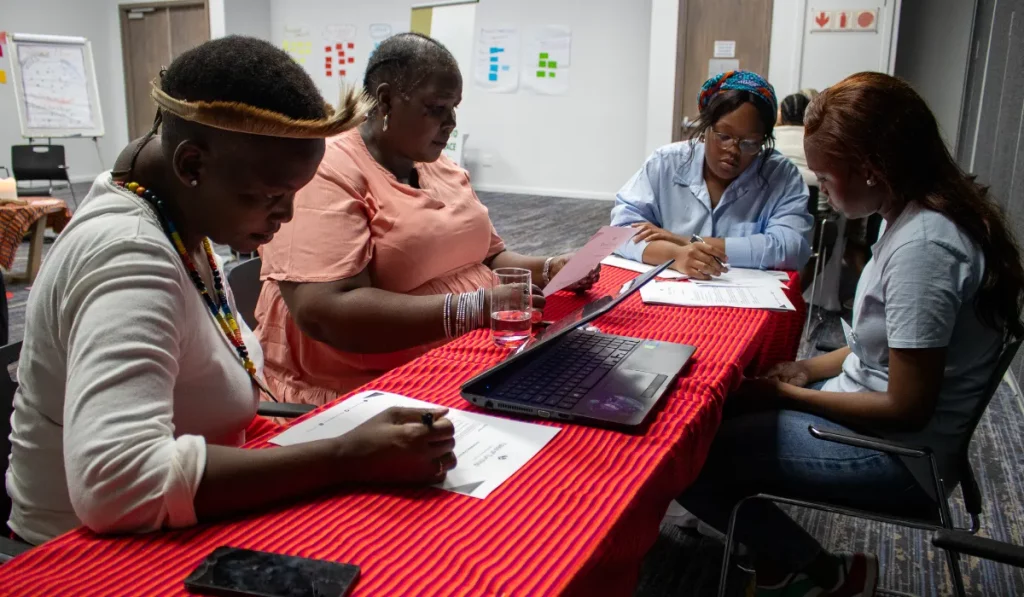Civilians have increasingly become the victims of armed conflict. In response, a number of peacekeeping operations have been given mandates to protect civilians and their rights. All actors working in the field of peace operations have the responsibility to ensure the protection and promotion of human rights through their work. Human rights education is an important component to achieving this.
Improving protection of civilians in Peacekeeping operations must be addressed holistically, with a view to improving the performance of all actors who share a stake in protecting innocent civilians from violence. War and violence inevitably result in the denial of human rights. Building a culture of human rights is a pre-condition to achieving a state of peace. Sustainable, lasting peace and security can only be attained when all human rights are fulfilled. Peace is a product of human rights; the more a society promotes, protects and fulfils the human rights of its people, the greater its chances of curbing violence and resolving conflicts peacefully. Building and maintaining a culture of peace is a key objective in the work of ACCORD. To this end, TfP/ACCORD participated in the 37th International Human Rights Training Program (IHRTP) which was held from 5-24 June 2016 in Montréal, Canada. The IHRTP which was organised and hosted by Equitas-International Centre for Human Rights Education brought together 96 human rights educators, practitioners and experts from over 49 countries.
The IHRTP is an internationally recognised intensive programme dedicated to building the capacity and skills of human rights educators, experts and practitioners in integrating a human rights approach to programme management. It focuses on international human rights standards, current human rights issues and human rights education strategies. The following aspects were discussed and covered as part of the training; (1) how organisations can use a framework based on internationally accepted human rights standards and principles to analyse the issues and situations encountered in the their work; (2) identifying ways in which human rights education can increase the effectiveness of organisational human rights work; (3) integrating a participatory approach into human rights and human rights education work; (4) how to integrate the lessons learned from the IHRTP into the work of the participants’ organisations; (5) determining strategies for promoting gender equality in their human rights education work; and (6) employing a basic evaluation process for assessing the results of their human rights education work, recognising that evaluation is an essential component of any human rights education and training activity.
The programme provided a platform for human rights educators to acquire practical tools to improve the effectiveness and impact of their work while deepening their understanding of human rights. The exploration of human rights principles and instruments, ongoing critical reflection, inquiry and extensive sharing of experiences allowed participants to strengthen their capacity to engage in effective human rights education. The knowledge from the training strengthened participants’ capacities to integrate a human rights approach to the peace and security programming agenda. The training also enhanced participants’ knowledge and facilitation skills in human rights education and programme delivery to ensure a sustainable human rights approach to peacebuilding, peacekeeping and peacemaking.
Most conflicts arise from severe and systematic human rights violations. Thus the connection between international human rights and the right to peace is very strong, notably because the absence of peace leads to so many violations of human rights. Allegations of sexual abuse or misconduct by peacekeepers have been a human rights concern. Human rights education is also key in building capacities for prevention of such abuses and effective response on these issues. Human rights education promotes values, beliefs and attitudes that encourage all individuals to uphold their own rights and those of others. It develops an understanding of everyone’s common responsibility to make human rights a reality in each community.
The IHRTP thus strengthened the capacity of human rights educators and by extension their organisations and institutions; to undertake human rights education efforts (e.g. training, awareness campaigns, information dissemination and advocacy) aimed at building a global culture of human rights. Further, various actors within society, including, inter alia, educational institutions, the media, families, local communities, civil society institutions, including non-governmental organisations, human rights defenders and the private sector, have an important role to play in promoting and providing human rights education and training. This issue is highlighted in one of the articles of The United Nations Declaration on Human Rights Education and Training. The declaration also encourages civil society institutions, the private sector and other relevant stakeholders to ensure adequate human rights education and training for their staff.
During the training, the participants developed an action plan, with the help of coaches, in order to put into practice their newly acquired knowledge and skills through activities (training, campaigns, evaluations & follow ups) within their organisations and their countries.
Human rights education constitutes an essential contribution to the long-term prevention of human rights abuses and represents an important investment in the endeavour to achieve a just society in which the human rights of all persons are valued and respected.
The AU’s approach to POC has a human rights tier and through the protection of civilians work within TfP, ACCORD seeks to contribute to the protection and promotion of human rights through both immediate and long-term action in PSOs. Pursuing a human rights agenda is also an AU and UN priority, more particularly addressing conflict-related sexual violence and violations against women and children in conflict situation.
The Training for Peace Programme at ACCORD is an initiative funded by the Norwegian Ministry of Foreign Affairs.

